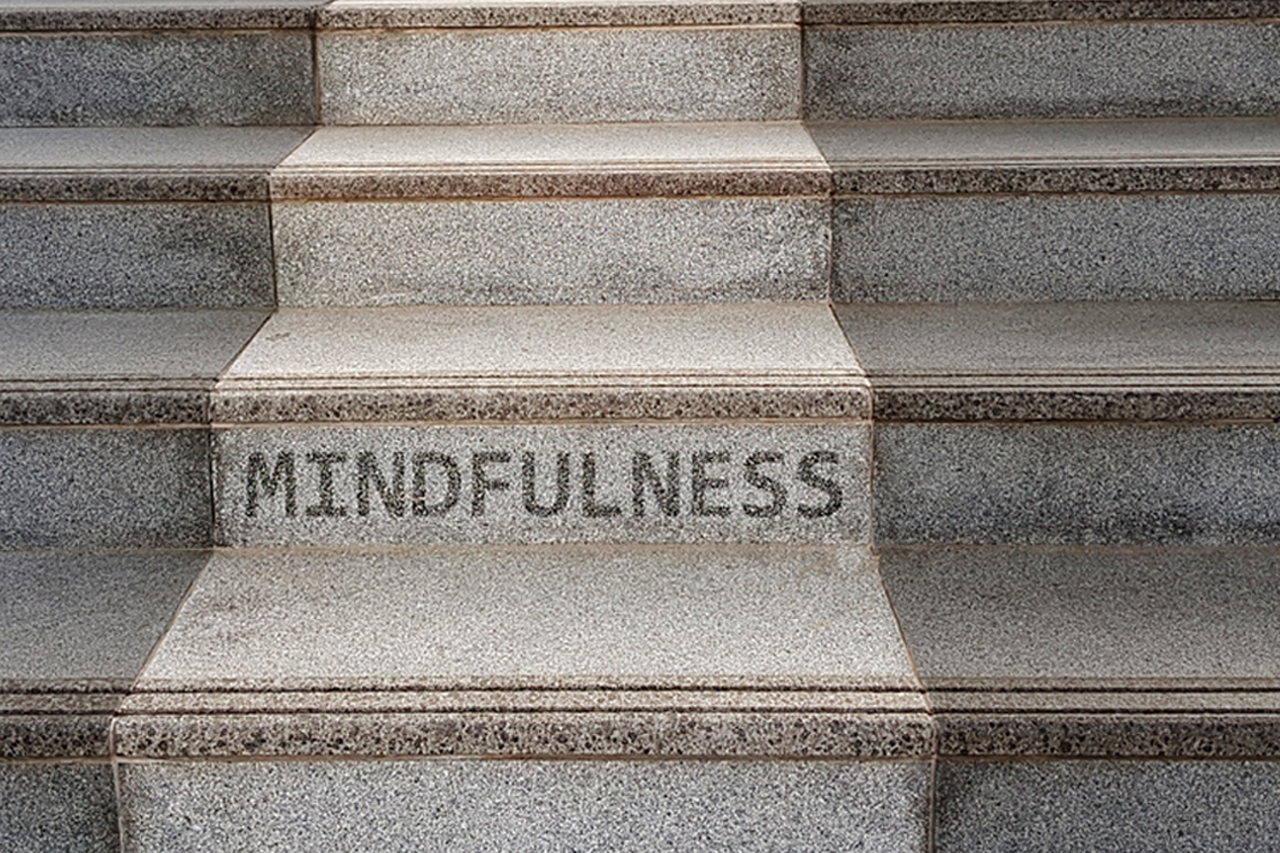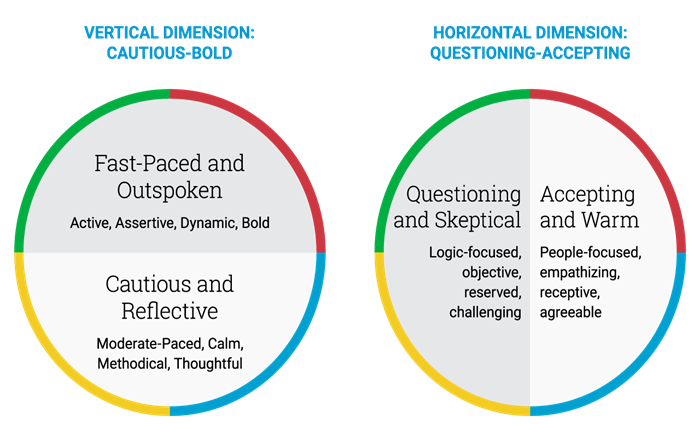Mindfulness Starts with Self-Awareness

In his Forbes article, “How Mindfulness Can Make You a Better Manager”, Victor Lipman discusses the importance (and emergence) of mindfulness: the psychological process of bringing one’s attention to experiences occurring in the present moment. Lipman breaks this idea down into three components:
- Self-awareness
- Empathy
- Patience
While all of these components are important, let’s delve a little deeper into the aspect of self-awareness. People frequently talk about the importance of self-awareness, but we don’t always give people the tools for being more self-aware. Everything DiSC® helps people talk the talk and walk the walk when it comes to mindfulness and committing to self-awareness. How do we do this? Let’s look closer at DiSC Theory and Research:
To start, the DiSC Model is a simple yet powerful model that describes four basic styles:
- D: Dominance
- i: Influence
- S: Steadiness
- C: Conscientiousness
While DiSC describes four basic styles, the model is, at its core, two-dimensional. These two dimensions reflect fundamental aspects of human nature and can be viewed as independent constructs.

- Are you more fast-paced and outspoken, or cautious and reflective?
- Do you consider yourself to be questioning and skeptical, or accepting and warm?
If you answered “Fast-Paced and Outspoken” and “Questioning and Skeptical,” you may be a D-Style: likely to prioritise results and on the lookout for new opportunities and challenges to take on. It might sometimes be stressful for you to interact with someone who does not share your drive for fast action.
If you answered “Fast-Paced and Outspoken” and “Accepting and Warm,” chances are you’re an i-style: likely to put a high priority on enthusiasm, with an optimistic approach towards challenges. It could be that one of your stressors is working with people who only focus on the negative.
If you answered “Cautious and Reflective” and “Accepting and Warm,” you might be an S-style: likely to value support and collaboration above all else, as well as unwaveringly cooperative and patient with others. You may find that one of your motivators is sincere appreciation from your peers.
If you answered “Cautious and Reflective” and “Questioning and Skeptical,” you are likely a C-style: someone who values accuracy and stability, with a tendency to challenge ideas. A common motivator for a C-style is the opportunity to gain knowledge or experience.
It’s important to remember that we’re all human, and humans are not to be labeled! DiSC is more than four basic styles or two behavioural dimensions; it’s a means to self-discovery. It offers people a new perspective into why they are the way they are, or act the way they act. It gives people the tools they need to uncover insights that sit just beneath the surface of their consciousness. Furthermore, Everything DiSC simplifies those insights with common language and action plans to practice new behaviours. Profound introspection can be hard to achieve without a starting point. Everything DiSC can be that starting point.
It can be easy for a concept such as self-awareness to seem vague and ill-defined—even a little dismissible to some. Lipman’s article and Everything DiSC turn this notion into something actionable, enabling people to confidently walk the walk (or at the very least, walk the first steps!) of mindfulness.
To learn more about how Everything DiSC can deepen understanding of self AND others, get in touch.